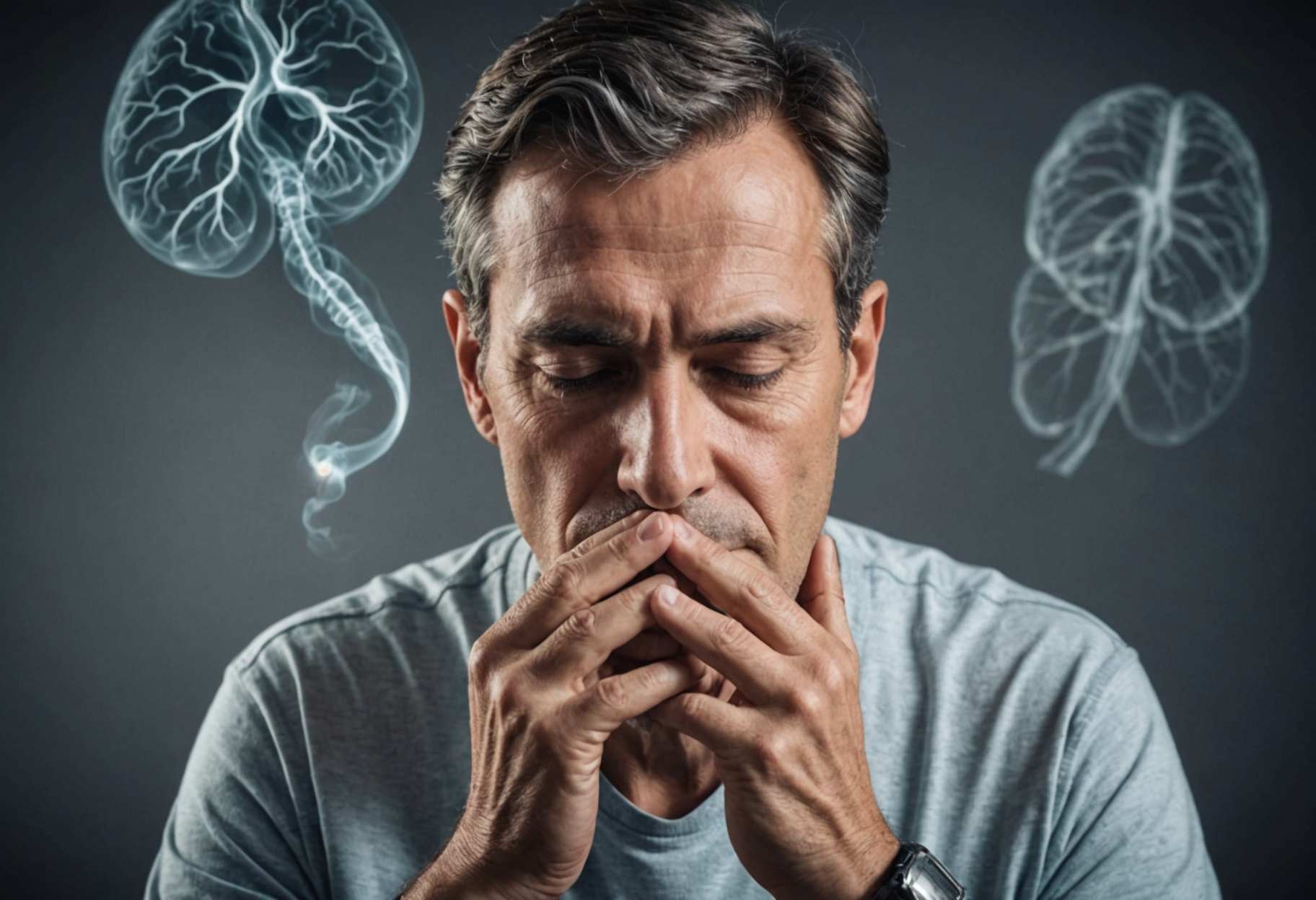How to Navigate the Emotional Aftermath of Lung Cancer

Confronting lung cancer is not just a physical battle; it is deeply connected with a wide range of emotions. The emotional journey from diagnosis to treatment and beyond can be as complex as the medical challenges. Acknowledging, addressing, and managing these emotions is crucial for overall well-being and recovery.
Lung cancer, akin to any major health issue, can elicit reactions from shock, anger, and denial to acceptance, hope, and gratitude. As individuals progress through the stages of their illness, their emotional landscape naturally evolves. However, being adept at handling these feelings can significantly improve quality of life and enhance the healing process.
Acceptance, first and foremost, is critical. It’s common to wonder “Why me?” or to experience anger regarding the diagnosis. While these responses are valid, lingering in this phase for too long can impede healing. Accepting the harsh realities, although painful, is necessary for moving forward. Acceptance does not equate to resignation; rather, it involves recognizing the situation and seeking ways to cope and thrive.
Effective communication is vital. Suppressing emotions or maintaining a façade of bravery may seem easier, but it can have negative long-term effects. Sharing feelings about fears, concerns, and hopes with loved ones can be therapeutic, even if they don’t have all the answers. The simple act of expressing feelings can provide significant relief.
Professional support is crucial on this journey. Psycho-oncology specializes in addressing the emotional and psychological needs of cancer patients, offering tailored care. Therapists in this field are equipped to understand the unique challenges associated with cancer, providing coping strategies, therapeutic solutions, and a safe space to explore emotions.
Participating in activities that promote inner peace can be incredibly beneficial. This may include mindfulness techniques, yoga, or spending time in nature. Engaging in personal activities that foster calm can serve as anchors during emotionally turbulent times.
Creating a support network is essential for emotional health. Whether through family, friends, or support groups, surrounding oneself with empathetic individuals reduces feelings of isolation. Support groups, in particular, provide the advantages of shared experiences and practical advice.
The emotional journey following a lung cancer diagnosis is profound, filled with its share of highs and lows. Understanding that it's acceptable to seek support, to experience a wide range of emotions, and to prioritize mental wellness is vital. With the appropriate support, tools, and mindset, individuals can not only navigate this aftermath but also emerge with greater strength and resilience.
LATEST POSTS
- 1
 Dental Implant Innovations: Revolutionizing Modern Dentistry
Dental Implant Innovations: Revolutionizing Modern Dentistry - 2
 The Evolution and Impact of Dental Implant Technology on Oral Health
The Evolution and Impact of Dental Implant Technology on Oral Health - 3
 The Evolution of Trucking: Steering Towards a More Connected Future
The Evolution of Trucking: Steering Towards a More Connected Future - 4
 Trucking Along: The Backbone of Global Commerce
Trucking Along: The Backbone of Global Commerce - 5
 The Rhythms of the Road: Trucking’s Melody in the Economy’s Orchestra
The Rhythms of the Road: Trucking’s Melody in the Economy’s Orchestra
Share this article




